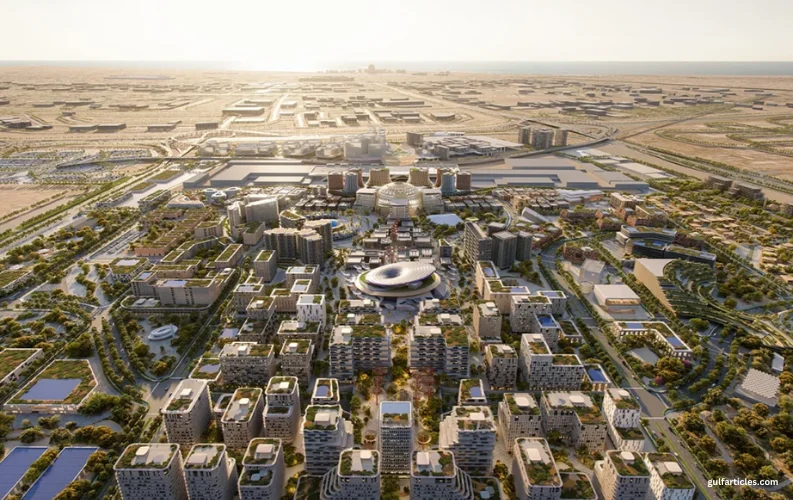Dubai has unveiled an ambitious plan to enhance sustainability and urban living by converting key residential areas into car-free zones. The initiative, known as the "Super Block," is part of the emirate's larger strategy to promote green spaces, pedestrian-friendly zones, and a more livable urban environment.
A Vision for a Greener Dubai
The Super Block initiative, announced on Thursday, aligns with Dubai’s long-term goal of fostering sustainable urban development. This project will see the transformation of areas such as Al Fahidi, Abu Hail, Al Karama, and Al Quoz Creative Zone into pedestrian-prioritized communities, reducing vehicular traffic and encouraging social interactions in shared recreational spaces.
Sheikh Hamdan bin Mohammed bin Rashid Al Maktoum, Crown Prince of Dubai, Deputy Prime Minister, and Minister of Defence, made the announcement on X, emphasizing that the initiative is a key component of the Dubai 2040 Urban Master Plan. The overarching objective is to enhance infrastructure while promoting eco-friendly mobility solutions and urban aesthetics.
Enhancing Quality of Life
The transformation of these residential neighborhoods into pedestrian zones will prioritize walking and cycling over motorized transport. By increasing green spaces and reducing carbon emissions, the initiative aims to create healthier and more vibrant communities. Dubai’s leadership envisions these changes as crucial steps towards achieving a high-quality urban lifestyle and a more sustainable city.
Expanding Walkability and Greenery
In parallel with the Super Block initiative, Dubai is investing heavily in pedestrian infrastructure. The emirate has announced a 6,500km network of modern walkways, covering 160 areas, to improve accessibility and soft mobility options across the city. The newly launched Dubai Walk master plan will oversee the construction of 3,300km of new walkways while rehabilitating 2,300km of existing pathways by 2040, with an additional 900km planned beyond 2040.
Further, Dubai has been making significant strides in afforestation. In 2024 alone, 216,500 trees were planted, marking a 17% increase from 2023. The city also expanded its green spaces by 391.5 hectares, reflecting a 57% growth compared to the previous year. Dubai Municipality has played a vital role in these efforts, planting 5.3 million flower and ornamental plant seedlings while replacing 45 million seasonal flowers throughout the year.
Dubai’s Commitment to Well-Being and Sustainability
In addition to the Super Block initiative, Dubai has announced plans for ‘Therme Dubai’, a state-of-the-art well-being resort set to be the world’s tallest. Located in Zabeel Park, this Dh2 billion project is part of the Dubai Quality of Life Strategy 2033 and is expected to open in 2028. The landmark attraction will include an interactive park and the world’s largest indoor botanical garden, designed to accommodate 1.7 million visitors annually.
Dubai’s dedication to sustainability and quality of life remains at the core of its urban planning. The city’s proactive initiatives, including the Super Block project, extensive pedestrian pathways, and afforestation efforts, reinforce its position as a global leader in innovative urban development.
With these transformative projects, Dubai is setting new benchmarks for smart, sustainable, and people-centric cities, ensuring a greener and more prosperous future for its residents and visitors alike.




















